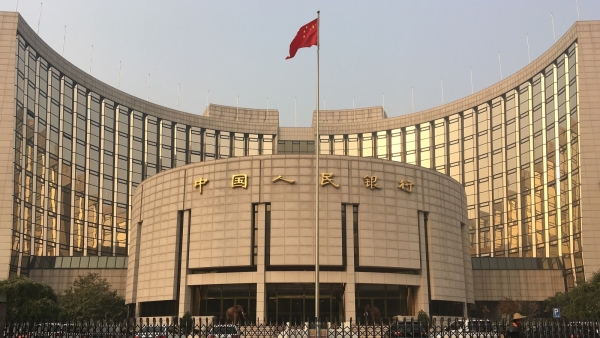
Rising mortgage prepayment trend pressures Chinese banks’ profits
Households are taking a more conservative stance on home loan leverage, noted Fitch Ratings.
Rising mortgage prepayments will pressure Chinese banks’ profitability, which is already weighed by lower interest rates and tepid household loan demand, notes Fitch Ratings.
Whilst the trend will reduce credit risk on senior residential mortgage-backed securities (RMBS) noteholders, it will also expose them to higher reinvestment risk, the ratings agency said in a report.
Chinese banks have experienced a wave of early mortgage payments since the second half of 2022. The country’s mortgage balance declined 0.3% in Q4.
“We believe several factors to have fuelled the prepayment trend, with few investment alternatives domestically, and dampened home purchase demand being the most prominent. Yields on deposits and wealth-management products fell in 2022 due to deposit rate cuts and intensified bond market volatility,” Fitch wrote in a report.
ALSO READ: China’s new risk classification to improve banks’ transparency over bad loans: S&P
This, coupled with poor consumer sentiment due to the weak outlook for employment and income last year, led to Chinese households taking a more conservative stance towards home loan leverage, it added.
However, mortgage prepayments should not pose a significant threat to banks’ profitability and loan growth in 2023, according to Fitch.
“This is because the main driving forces behind the early repayment trend are likely to subside as China’s economy recovers. In line with this, we also expect the central bank to maintain largely flat policy interest rates,” it added.
Pressure on banks’ profitability and asset re-allocation will rise if the prepayment trend is sustained and the mortgage loan balance continues to shrink, Fitch warned.






















 Advertise
Advertise








